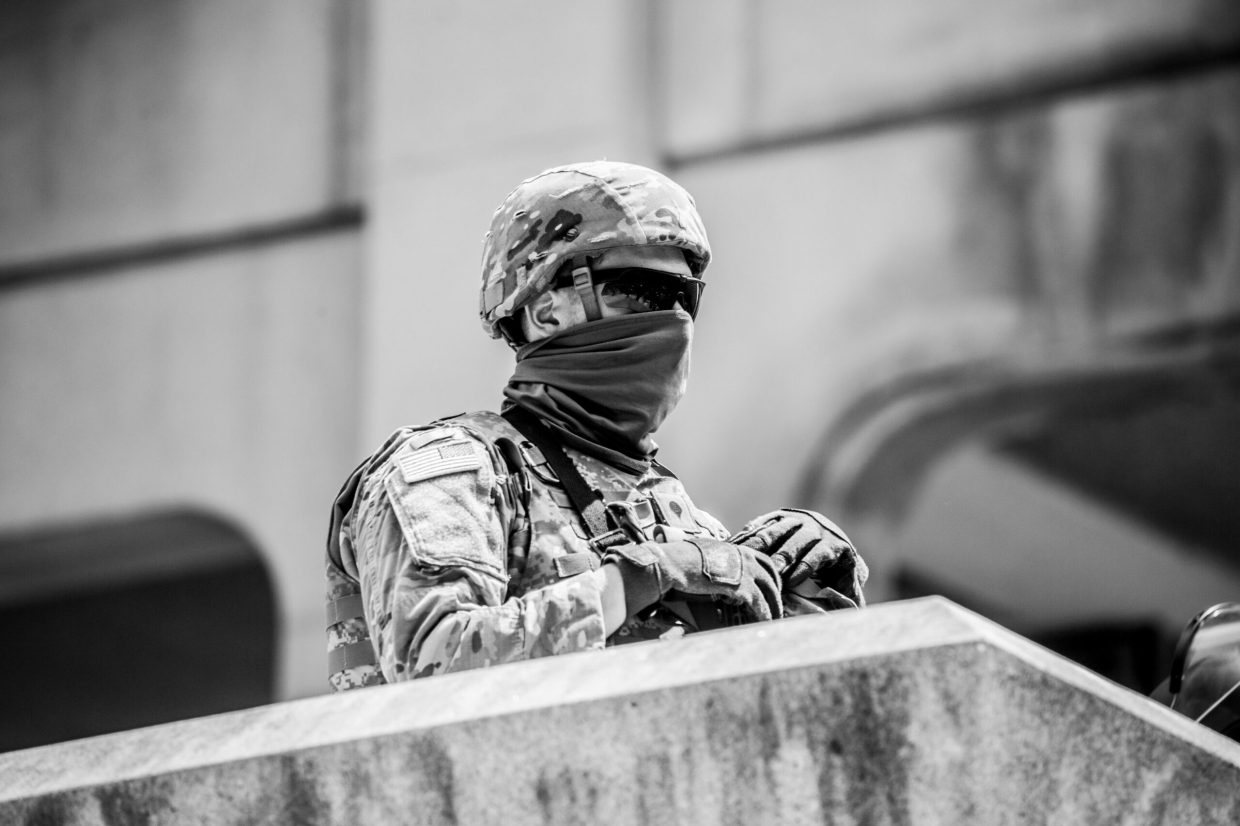In today’s complex global landscape, intelligence agencies play a pivotal role far beyond their traditional functions of gathering information. They have become key players in the subtle and sophisticated arena of political warfare—a realm where influence, misinformation, and strategic operations can shape the course of nations without a single shot being fired. Understanding how these agencies operate in this modern context is essential for anyone interested in geopolitics, security, or the intricate dance of power that defines our times. In this article, we’ll explore the evolving role of intelligence agencies in political warfare today, uncovering the methods they use and the impact they have on international relations. Whether you’re a curious mind or a seasoned observer, join us as we delve into this fascinating and often misunderstood aspect of contemporary political strategy.
Table of Contents
- The Role of Intelligence Agencies in Modern Political Warfare
- Analyzing Techniques and Strategies Employed by Intelligence Operatives
- Balancing National Security and Ethical Considerations in Intelligence Work
- Recommendations for Enhancing Transparency and Accountability in Intelligence Operations
- Final Thoughts
The Role of Intelligence Agencies in Modern Political Warfare
In the intricate chessboard of global politics, intelligence agencies have evolved into pivotal players that extend far beyond traditional espionage. Modern political warfare demands a blend of psychological operations, cyber tactics, and strategic disinformation, all orchestrated with precision by intelligence operatives. These agencies work discreetly to gather critical information, influencing both domestic and international arenas. Their activities often include:
- Cyber espionage and information warfare — disrupting adversaries while protecting national interests in cyberspace.
- Psychological operations — shaping public perception and weakening political opponents.
- Influence campaigns — leveraging social media and other platforms to sway electoral outcomes and policy decisions.
Though shrouded in secrecy, these efforts are crucial in creating strategic advantages without resorting to open conflict. Intelligence agencies act as both shields and swords, defending against hostile narratives while creating opportunities that can redefine political landscapes. As political warfare grows increasingly digital and asymmetrical, their role continuously adapts, emphasizing agility and innovation over sheer force.
Analyzing Techniques and Strategies Employed by Intelligence Operatives
Intelligence operatives harness a myriad of techniques to gather, analyze, and exploit information that often remains hidden from public discourse. At the core, human intelligence (HUMINT) remains indispensable, relying on skilled field operatives to infiltrate, cultivate assets, and extract critical insights. Complementing this is signals intelligence (SIGINT), where communication intercepts, encrypted messages, and electronic surveillance come into play, providing a wealth of raw data for analysts. These methods are seldom used in isolation; rather, they are integrated within a larger framework that blends cyber operations, open-source intelligence (OSINT), and covert action to shape political narratives and outcomes discreetly.
Strategically, intelligence agencies often employ disinformation campaigns that serve dual purposes: destabilizing adversaries while steering public perception domestically and internationally. Psychological operations (PSYOP) and influence tactics are expertly crafted to exploit existing societal divisions and inject doubt or confusion among key groups. Behind the scenes, operatives use sophisticated tradecraft, including secure communications and compartmentalization of information, to maintain operational secrecy. This adaptive interplay of traditional espionage and modern digital warfare exemplifies how intelligence work has evolved, ensuring agencies remain pivotal players in the high-stakes arena of political warfare.
- Covert surveillance and cyber espionage for proactive threat identification
- Recruitment and handling of informants within political and military circles
- Strategic leaks and media manipulation to influence policy and public opinion
- Cross-agency collaboration to integrate diverse intelligence streams for comprehensive analysis
Balancing National Security and Ethical Considerations in Intelligence Work
In the shadowy realm where intelligence agencies operate, the pursuit of national security often encounters complex ethical crossroads. Agents must navigate decisions that weigh the protection of citizens against potential infringements on privacy, civil liberties, and human rights. This delicate balance demands stringent oversight and a commitment to transparency, even when classified operations are involved. By fostering an environment where accountability is prioritized, agencies can uphold public trust while effectively countering emerging threats.
Several key principles guide this intricate dance between security and ethics:
- Respect for the Rule of Law: Ensuring all operations comply with domestic and international legal frameworks.
- Proportionality: Balancing the scope of intelligence activities with potential impacts on individual freedoms.
- Minimizing Harm: Avoiding actions that unduly harm innocent individuals or communities.
- Transparency Where Possible: Engaging public discourse and legislative oversight without compromising operational integrity.
Adhering to these guidelines not only safeguards democratic values but also enhances operational effectiveness by aligning actions with societal expectations and ethical norms.
Recommendations for Enhancing Transparency and Accountability in Intelligence Operations
To foster greater trust and integrity within intelligence agencies, it is essential to institutionalize robust oversight mechanisms. Independent review boards that include non-partisan experts can provide critical checks against potential misuse of power. Furthermore, adopting transparent reporting protocols—where feasible without compromising operational security—enables the public and legislative bodies to hold agencies accountable. Encouraging whistleblower protections also strengthens the internal culture of responsibility, empowering individuals to come forward without fear of reprisal.
Another key strategy is enhancing communication channels between intelligence entities and the civilian population. Regular declassified briefings and accessible educational resources help demystify intelligence operations, dispelling misinformation and promoting informed dialogue. Implementing comprehensive ethics training tailored for intelligence personnel ensures decisions adhere to legal standards and democratic values. By cultivating an organizational ethos centered on transparency and accountability, intelligence agencies can better align their mission with the public interest in today’s complex political landscape.
Final Thoughts
In today’s complex geopolitical landscape, understanding the role of intelligence agencies in political warfare is more important than ever. These organizations operate behind the scenes, shaping narratives, influencing decisions, and sometimes altering the course of history itself. By shedding light on their strategies and functions, we become better equipped to navigate the subtle intricacies of modern power plays. Thanks for joining me in this exploration—stay curious, stay informed, and as always, feel free to share your thoughts below!













